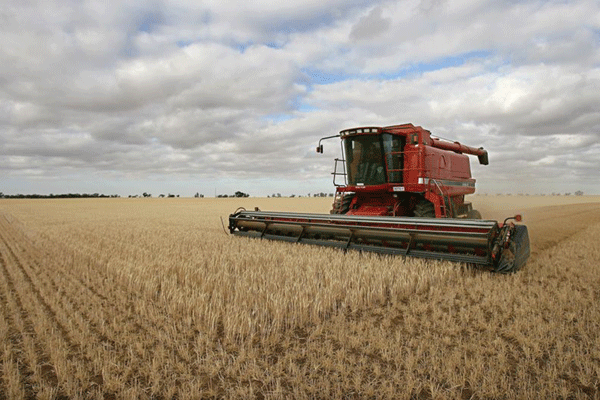
On Wednesday, we reported that the Grain Millers’ Association of Zimbabwe (GMAZ) and the National Bakers’ Association of Zimbabwe (NBAZ) were in discussions with the central bank for the immediate provision of foreign currency to settle all outstanding wheat imports payments.
Comment: NewsDay Editor
This followed indications that wheat shortage could result in the increase in the price of bread, as the bakers blamed the lack of the United States currency on the market.
The money is required to import wheat and other products from elsewhere. According to the bakers, they were incurring 12% exchange rate losses and high service fees when they sell the euro, British pound sterling and South African rand to pay for US dollar invoices.
We are hopeful that the discussions will yield good results that will ensure bread prices will not increase to the detriment of the citizens.
Zimbabweans are already bearing the negative effects of the non-performing economy, and the bread price increase could be too much for them.
We, therefore, warn the parties in the discussions — the GMAZ and NBAZ as well as the central bank — to be sincere so that a win-win scenario can be achieved.
Clearly, bakers operate on thin margins, and what is happening is a result of lack of planning on the part of government and other stakeholders, or is it non-performance of the economy caused by bad governance.
- Chamisa under fire over US$120K donation
- Mavhunga puts DeMbare into Chibuku quarterfinals
- Pension funds bet on Cabora Bassa oilfields
- Councils defy govt fire tender directive
Keep Reading
We have no doubt that once the landing price for wheat is higher, bakers cannot keep the price of bread lower. It would make economic sense to increase, but then this is not the time for price increases.
The only solution could be for government to source for cheap finance to boost wheat stocks and ensure deliveries are done timeously.
Going forward, government must mobilise inputs for distribution to wheat producers as soon as possible and, of course, a bumper wheat harvest would push the price of bread down.
But if, as the NBAZ and GMAZ contend, the central bank is sitting on $43,25 million in outstanding wheat invoices, there could be no way bakers can sustain the current bread prices.
There is definitely great need for government to seriously deal with the economic fundamentals on the ground without having to resort to clandestine methods of dealing with the crises.
Because it is through such methods that the country has lost substantial amounts of taxpayers’ money through pilferages, and most of the cash has landed in the hands of a few, in particular the Zanu PF elites.
We believe the failure by the central bank and Treasury to provide financial resources to boost food reserves for the country is the Zanu PF government’s biggest undoing.
We have no doubt that the people will surely make the governing party pay for its sordid deeds including massive corruption, economic collapse and maladministration.











